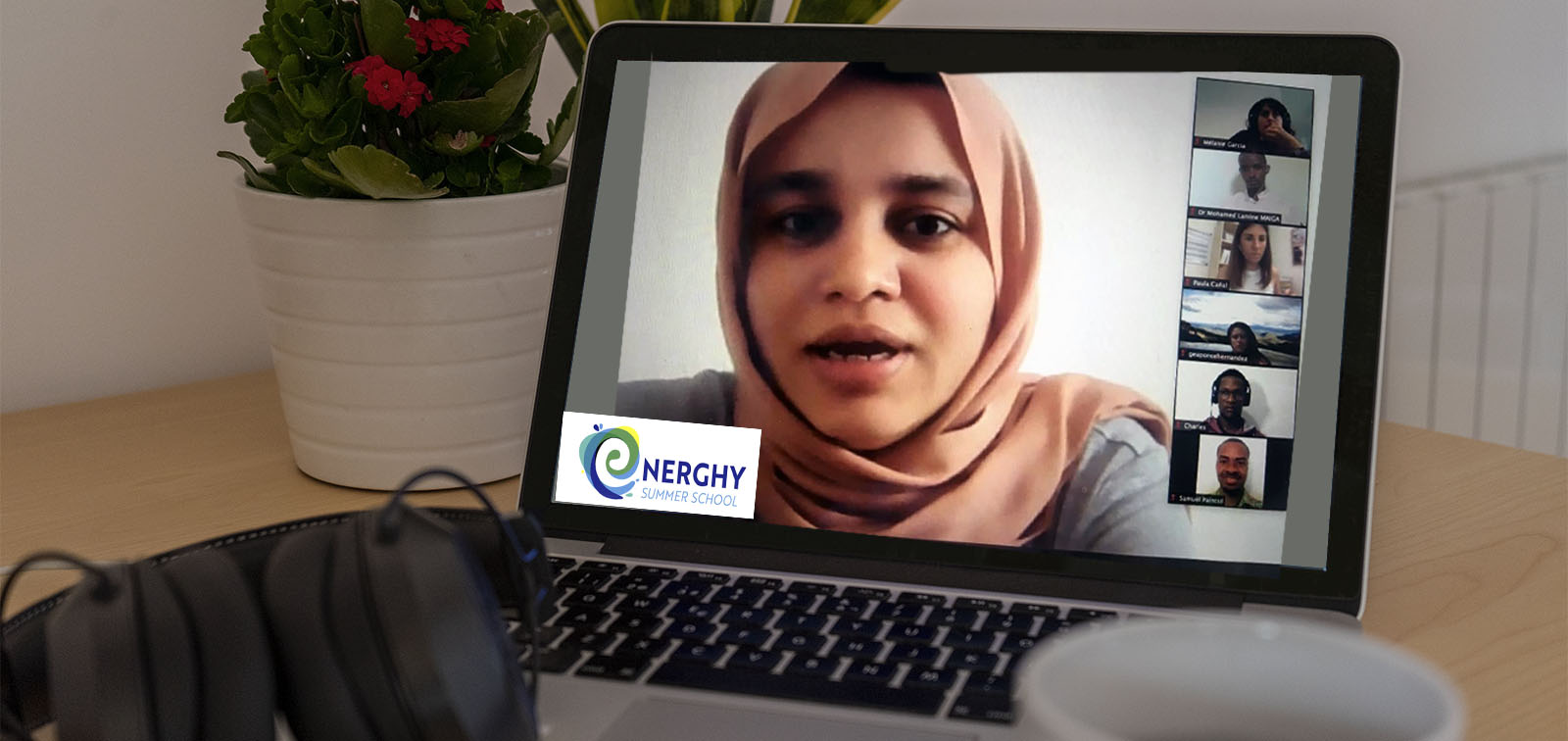ENERGHY Summer School Wraps Up 2nd Edition and Looks to the Future
The COVID-19 pandemic has heightened the importance of this postgraduate training course in global health entrepreneurship
26.07.2021
The Energising Global Health Innovation and Entrepreneurship (ENERGHY) Summer School, created to foster a new generation of innovative young global health professionals, wrapped up its second edition on 15 July.
The course was developed by six innovative and internationally renowned institutions —Hospital Sant Joan de Déu Barcelona (HSJD), Médecins Sans Frontières (MSF), the Sanofi Espoir Foundation (SEF), the National University of Ireland (NUI Galway), the University of Barcelona (StartUB!) and ISGlobal—with support from EIT Health, a European health innovation fund.
Twenty-four participants from 18 countries enrolled in this year’s course, which was designed to help them create new business models that improve access to health and health equity. The purpose of the course is aligned with the Sustainable Development Goals (SDGs) and their vision for transforming society. “In the context of the SDGs, we firmly believe that the way to achieve health equity is to develop innovative business models and strengthen public-private partnerships,” commented Marina Espriu, ISGlobal Business Development Manager, who led the programme.
The ENERGHY Summer School was conceived as a highly practical training course. The 40 instructors who teach the course are global health entrepreneurs or experts in technology transfer who present real-life case studies. In this second edition, the programme was extended from two to three weeks so that participants could have more time to work with experts and patients to validate their solutions to the three challenges posed by three of the organising institutions. As Claudio Cruz, Director of StartUB! at University of Barcelona, indicated, “working in multicultural and multidisciplinary teams allowed to develop sustainable innovative solutions for the proposed challenges”.
Natalie Walsh, Director of Entrepreneurial Development in NUI Galway commented that ‘working with real world challenges to co-create and find sustainable and viable solutions for our Challenge partners gives our participants a unique and transformative experience that we are confident will have positive impacts for our participants, partners and society in general’.
Three teams chosen by an international panel and a fourth team selected by the students themselves will now have the opportunity to finish developing their project by participating in a startup accelerator programme offered jointly by the entrepreneurship experts at StartUB! and the medical technology experts at the NUI Galway LaunchPad.
The four teams selected in the first edition of ENERGHY did precisely that. Gillian Murphy and Marlita Putri Ekasari’s team tackled a challenge posed by Médicines Sans Frontières to increase diagnostic capacity during epidemics.
As a new feature of the second edition of the course, scholarships were offered to postgraduate students, researchers and young professionals from low- and middle-income countries, most notably by the Sanofi Espoir Foundation. Additional scholarships were provided by other project partners, including ISGlobal, through its Severo Ochoa programme.
The ENERGHY Summer School is designed for students, research staff and professionals from the health field, civil society, the private sector and government bodies.
Fifty-eight percent of the participants came from Africa, 17% from Europe, 13% from Asia and 13% from Latin America. Half were pursuing a master’s degree, 29% already had a master’s degree, 17% were pursuing a PhD and 4% had already earned their PhD.
The aim of the course was to bridge the gap between scientific knowledge and entrepreneurial talent, i.e. to translate knowledge into innovative solutions that improve health equity.
“Given the success of this year’s course and the current situation, we are eager to start working on a third edition,” commented Espriu.
The course is accredited at European level with five credits by the University of Barcelona and the tropEd network.



